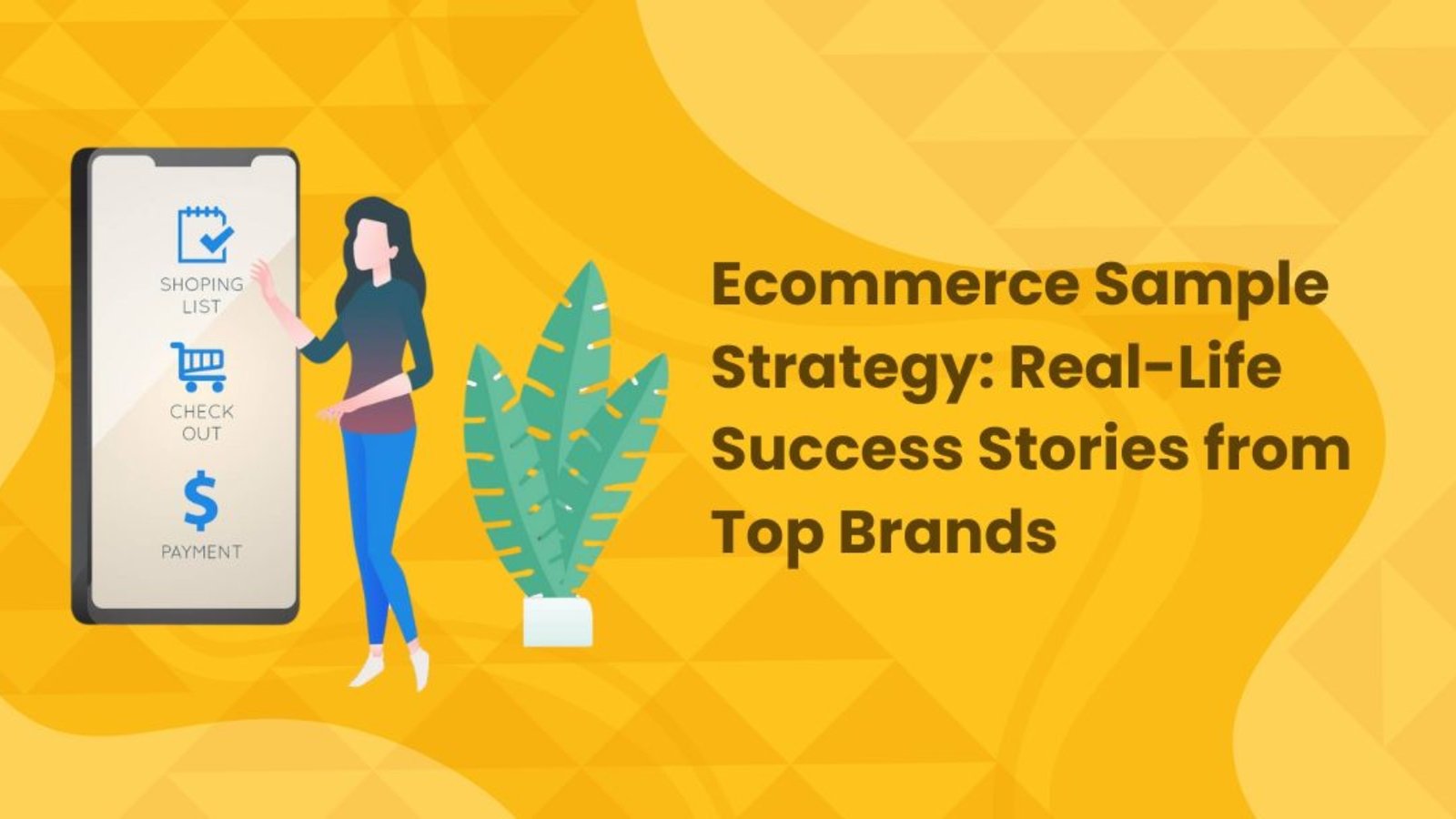In today’s rapidly evolving digital landscape, establishing an online presence has become essential for businesses aiming to thrive. The ecommerce world offers a plethora of opportunities for businesses of all sizes to reach a global audience. This article explores real-life ecommerce sample strategies that showcase how companies have successfully navigated challenges, harnessed technology, and built thriving online stores. These stories illustrate the diverse approaches businesses have taken to excel in the ecommerce space.
The Rise of Ecommerce: A New Era for Retail
The transition from traditional brick-and-mortar stores to online platforms represents one of the most transformative shifts in retail history. Ecommerce enables businesses to operate around the clock, reach a worldwide customer base, and minimize the costs associated with physical storefronts. Despite its advantages, the path to establishing a successful online presence is fraught with challenges. By examining successful ecommerce sample strategies, businesses can gain valuable insights into overcoming these hurdles and excelling in the digital marketplace.
1. Glossier: From Blog to Beauty Empire
Glossier, founded by Emily Weiss, began as a blog named “Into the Gloss” that offered skincare and makeup tips. Glossier’s ecommerce sample strategy centered on building a strong community by engaging directly with its audience. By listening to customer feedback and incorporating it into product development, Glossier successfully transitioned from a blog to a leading beauty brand.
Glossier’s success underscores the power of a community-driven approach. Their ecommerce platform was designed to be sleek and user-friendly, offering a seamless shopping experience. By leveraging content and user-generated feedback, Glossier built a loyal customer base and became a prominent player in the beauty industry.
2. Warby Parker: Revolutionizing Eyewear
Warby Parker transformed the eyewear industry by addressing the high costs associated with traditional retailers. The company’s ecommerce sample strategy involved allowing customers to select five frames online for a free home trial, eliminating the need for physical store visits.
This innovative approach solved a significant consumer pain point—overpriced glasses—by offering a direct-to-consumer model that reduced costs and passed savings on to customers. Warby Parker’s strategy not only disrupted the market but also built a dedicated customer base. Although the company has expanded to physical stores, its ecommerce platform remains integral to its success, providing a cohesive online and offline shopping experience.
3. All birds: Sustainable Footwear for the Conscious Consumer
Allbirds, known for its eco-friendly footwear, embarked on its journey with a focus on sustainability. Founders Tim Brown and Joey Zwillinger utilized natural materials such as merino wool and eucalyptus tree fiber to create comfortable, environmentally friendly shoes.
All birds’ ecommerce sample strategy revolved around transparency and environmental responsibility. By highlighting the sustainable aspects of their products through their online platform, All birds attracted a customer base committed to eco-conscious consumption. Their visually appealing and easy-to-navigate website emphasized their unique value proposition—stylish, comfortable, and sustainable footwear.
4. Casper: Disrupting the Sleep Industry
Casper, a direct-to-consumer mattress company, revolutionized the mattress purchasing process. Traditionally, buying a mattress was cumbersome, involving visits to multiple stores and dealing with complex pricing. Casper’s ecommerce sample strategy simplified this experience by offering a single high-quality mattress model online, with a 100-night trial period and free returns.
Casper’s success highlights the effectiveness of a simplified customer experience. Their clear pricing, user-friendly website, and compelling brand story helped reshape consumer expectations in the sleep industry. Casper also employed data-driven marketing strategies, including targeted ads and email campaigns, to effectively reach and engage potential customers.
5. Gymshark: From Garage to Global Phenomenon
Gymshark, founded by Ben Francis in a UK garage, grew into a global fitness apparel brand through savvy use of social media and influencer marketing. The brand capitalized on platforms like Instagram and YouTube to connect with fitness enthusiasts.
Gymshark’s ecommerce sample strategy demonstrates the power of digital marketing and community building. By creating engaging content and partnering with influencers who embodied the Gymshark lifestyle, the brand built a strong online presence. Their mobile-friendly and visually appealing ecommerce platform facilitated seamless shopping and brand interaction, showcasing the potential of digital tools to drive global success.
6. Bonobos: Pioneering the Online-Only Model
Bonobos, a men’s clothing brand, identified a gap in the market for well-fitting pants. The founders, Andy Dunn and Brian Spaly, pioneered an online-only retail model that emphasized better fit and customer experience.
Bonobos’ ecommerce sample strategy involved offering free returns and introducing a “guideshop” concept where customers could try on clothes before purchasing online. This approach bridged the gap between online and offline shopping, helping to build trust and establish a robust online presence.
Embracing the Ecommerce Revolution
These real-life ecommerce sample strategies demonstrate the myriad ways businesses can achieve success in the online marketplace. From community engagement like Glossier and disruptive models like Warby Parker to sustainability-focused approaches like Allbirds, each strategy offers valuable lessons.
For retail businesses considering an online transition, these examples provide crucial insights and inspiration. Achieving ecommerce success requires understanding your target audience, committing to innovation, and adapting to market changes. By adopting these proven ecommerce sample strategies, businesses can harness the vast potential of the digital marketplace and build a thriving online presence.

Add a Comment